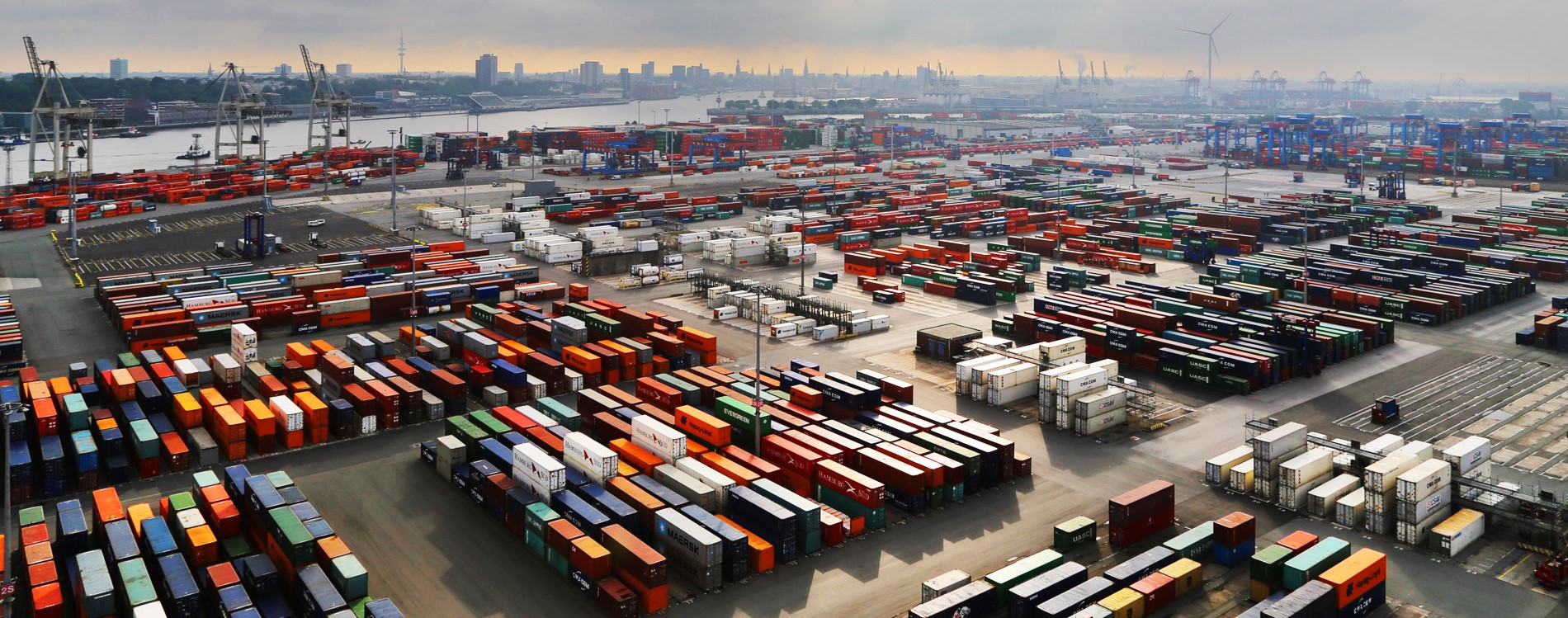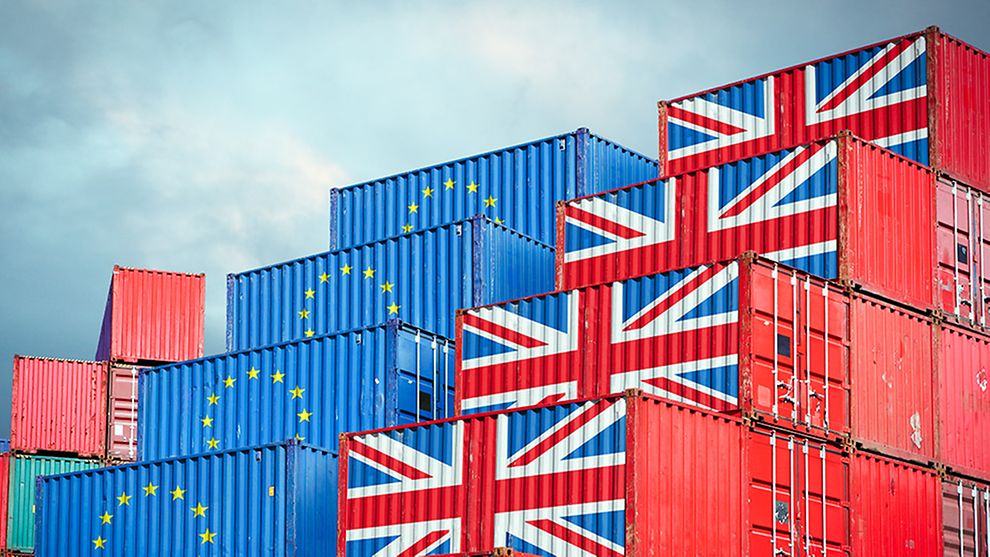Brexit will have far-reaching economic consequences. A transitional phase would be likely to absorb some of the repercussions, whereas the political and economic ramifications of a ‘no-deal’ scenario would be so far-reaching they can hardly be assessed.
The European Commission and the German government have devised a number of emergency measures to ensure short-term functionality of transport and goods transfer between the EU and Great Britain. In the field of financial markets, legal acts have been issued to secure derivative trading and goods traffic. Air traffic rights should guarantee flyovers as well as take-off and landing permissions. Emission certificates will be subjected to transitional regulations.
Both private and professional short-term stays will remain free of visa requirements.
Draft bills have been submitted to stabilise financial markets and prevent tax disadvantages caused by Brexit. Corporate laws will simplify transitions from British legal forms (‘Limited’) to the German GmbH.
Next to legal adjustments, the executive authorities are preparing for a ‘hard’ Brexit in the field of goods traffic.
Expected effects on Hamburg’s economy
There is a strong tradition of economic ties between Hamburg and Great Britain, meaning Hamburg stands to be affected by Brexit in many ways.
According to Statistikamt Nord (as of 22 Feb, 2019), Great Britain ranked third in exports from Hamburg and sixth in imports to the German city. Great Britain is among the most important trade partners of the Hamburg port. In 2018, EUR 4.2 billion in goods were exported to Great Britain’s ports. Around EUR 2.3 billion were imported to Hamburg. While, the total export volume increased by 120 million, the import volume decreased by EUR 150 million in comparison to 2017.
According to Handelskammer Hamburg, around 1,000 companies in Hamburg have economic connections with the United Kingdom. 200 are partly or fully located in Great Britain. EUR 7.5 billion (20% of Hamburg’s foreign investments) have been invested in Great Britain. Hamburg’s companies in Great Britain cover almost all different branches. Inversely, 70 UK companies are located in Hamburg. Together, almost EUR 4 million has been invested in Hamburg-based businesses, equaling almost 13% of all foreign investments.
An EU-financed report maintains that 17.5% of Hamburg’s economic power in the manufacturing industry will be affected by Brexit. Small and medium-sized businesses (SMUs) without non-EU connections could suffer particularly severely because they would have to develop special know-how related to facilitating customs clearings.
Preparations
As a rule, every business should prepare for change, especially with regards to goods transfer. It is advisable to revise contracts, analyse supply chains and set up emergency plans for a ‘hard’ Brexit.





